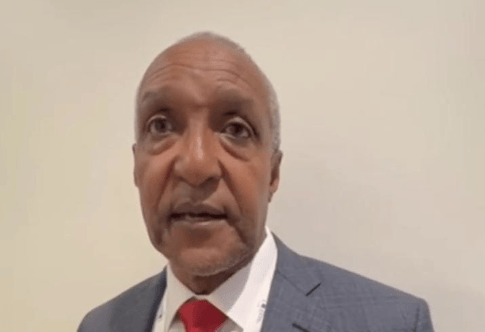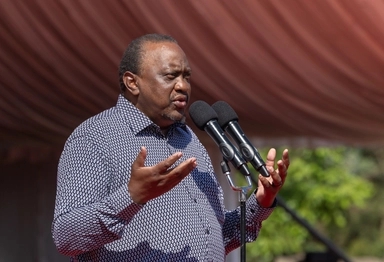
Closing gender gaps in education and labor market access, along with reducing burdensome daily tasks like water fetching, could boost Kenya’s GDP by up to 10 percent.
The World Bank says this in the latest Kenya Economic Update as it downgrades the country’s growth projection for this year to 4.7 per cent, almost similar to pre-Covid slow growth of 4.6 per cent.
In the previous update, the bank anticipated the country’s GDP would expand by five percent, a forecast similar to that given by the International Monetary Fund (IMF) and the Kenyan government.
“Growth in 2024 is estimated at 4.7 percent, a downward revision from the June 2024 economic update following headwinds that have already impacted headline growth during the year including severe floods in Q2-24, subdued business sentiment following the mid-2024 protests, a tighter monetary policy, and ongoing fiscal consolidation,’’ the bank says.
However, while this is lower compared to the growth in 2023, and lower than previously projected, it is still in line with EAC peers’ average ( 4.7 percent), and above the Sub-Saharan African average of three per cent.
Looking ahead, the lender projects Kenya’s economy to grow by 5.1 percent on average in 2025-2026, assuming only a gradual pick up of private investment, export growth, and resilient private consumption.
It pegs its optimism on the agriculture and services sectors, which are expected to drive economic expansion. However, the overall pace of growth will depend on how well the government manages fiscal reforms and addresses rising debt levels.
“To sustain inclusive growth with more and better jobs, Kenya should address structural challenges, including ones related to fiscal sustainability, governance, weakening exports, lagging productivity growth, and increased frequency and intensity of climate shocks.
Key risks to the outlook include further fiscal slippages, extreme weather events, and external economic challenges. It adds that to achieve fiscal targets and ensure long-term fiscal sustainability, the country must place greater emphasis on fiscal consolidation.
However, for fiscal consolidation to be effective, it must be socially acceptable and equitable. This requires that consolidation efforts prioritize efficiency in the budget and increase the overall progressivity of public finances.
The lender warns that failure to meet fiscal targets would exacerbate Kenya’s debt vulnerabilities and threaten macroeconomic stability.
“Delays in implementing structural and fiscal reforms may further impede private investment and employment growth, challenging Kenya’s economic recovery.”
It adds that continued high levels of domestic borrowing would further crowd out the private sector. Moreover, rising debt service repayments would reduce the government’s ability to implement countercyclical policies during economic downturns.
It has suggested several policies
to ensure fiscal discipline, saying
that this remains key to reducing
debt accumulation and macroeconomic vulnerabilities.












